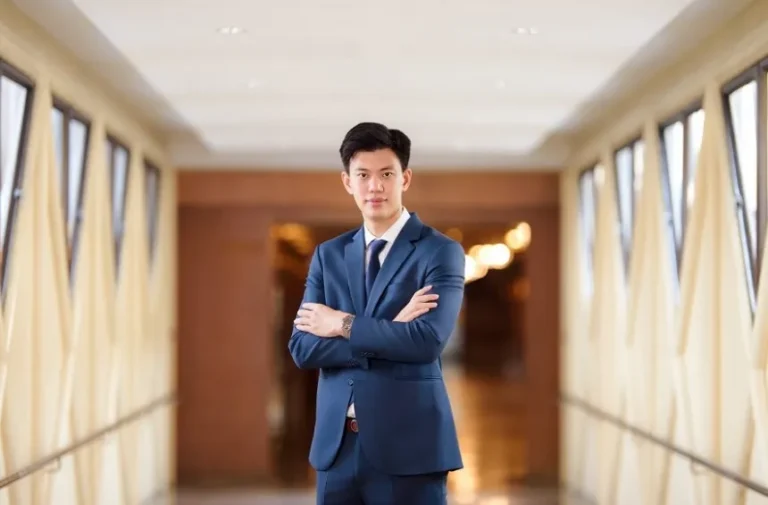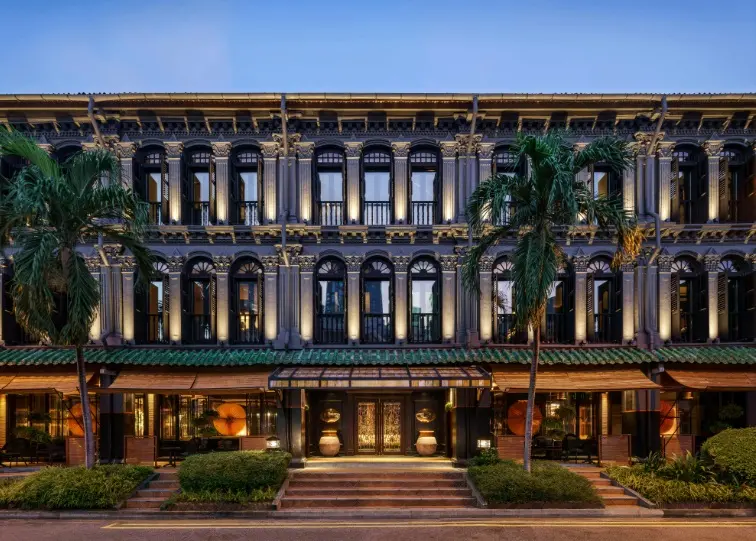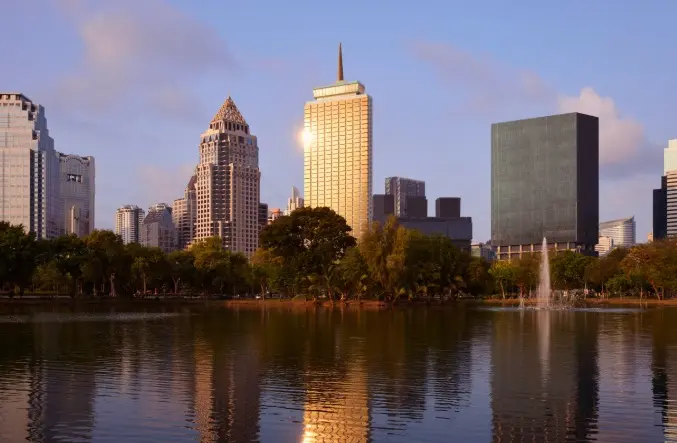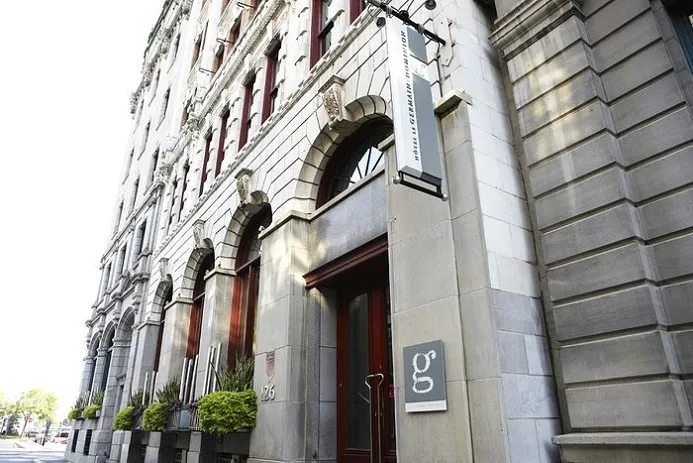
Bangkok Hotel News: A Lingering Vulnerability in the Hospitality Sector
Despite the profound lessons imparted by the COVID-19 pandemic, a significant majority of hotels in Bangkok remain ill-prepared to confront future outbreaks of airborne pathogens. Globally, approximately 97% of hotels have yet to implement comprehensive clean-air strategies, and Bangkok’s hospitality sector mirrors this concerning trend. While the pandemic underscored the critical importance of indoor air quality, many establishments have not taken substantial steps to upgrade their air purification systems or ventilation protocols.

Image Credit: TMN
This Bangkok Hotel News report reveals that numerous hotels continue to rely on outdated HVAC systems that lack advanced filtration capabilities.
Essential technologies such as High-Efficiency Particulate Air (HEPA) filters, Far-UVC lighting, and ozone-based disinfection systems are notably absent in many properties. These omissions are particularly alarming given Bangkok’s recurring air quality challenges, which exacerbate the risks associated with airborne diseases.
The Science Behind Clean-Air Strategies
Effective clean-air strategies encompass a multifaceted approach to indoor air purification. Key components include:
–HEPA Filtration: Capable of capturing 99.97% of airborne particles as small as 0.3 microns, HEPA filters are instrumental in removing pathogens from the air.
–Far-UVC Lighting: Operating at a wavelength of 222 nanometers, Far-UVC light can inactivate viruses and bacteria without harming human skin or eyes, making it suitable for occupied spaces.
–Ozone Disinfection: When used appropriately, ozone can neutralize airborne contaminants, although its application requires careful control to ensure safety.
–Enhanced Ventilation: Increasing the rate of air exchange and reducing recirculation of indoor air dilutes the concentration of airborne pathogens.
Implementing these technologies requires investment and a commitment to ongoing maintenance, but the benefits in terms of health and safety are substantial.
Global Benchmarks and Bangkok’s Position
Internationally, some hotel chains have set precedents by integrating advanced air purification measures. For instance, Marriott International launched a comprehensive cleanliness initiative that includes the use of electrostatic sprayers and consideration of UV light technology for disinfecting surfaces and air.
Similarly, Hilton partnered with Lysol and the Mayo Clinic to enhance their cleaning protocols, incorporating air purification as a key component.
However, some of these strategies simply for PR purposes are not sufficient.
Many Bangkok’s hotels have been slower to adopt measures involving clean-air strategies. While some properties have introduced basic air purifiers in guest rooms, widespread implementation of comprehensive clean-air strategies remains limited. This lag places both guests and staff at increased risk, particularly during periods of elevated air pollution or potential disease outbreaks.
The Intersection of Air Quality and Public Health
Bangkok’s air quality challenges are well-documented, with the city frequently experiencing hazardous levels of PM2.5 particles. During early 2025 smog crisis, air quality indices soared, prompting public health advisories and temporary closures of schools and businesses. These environmental conditions not only impact respiratory health but also create conducive environments for the transmission of airborne diseases.
The convergence of poor air quality and inadequate indoor air purification in hotels amplifies the potential for disease spread. Guests with pre-existing health conditions or compromised immune systems are particularly vulnerable. Moreover, the hospitality industry’s role as a nexus for international travelers underscores the importance of robust air quality measures to prevent cross-border transmission of pathogens.
Economic Implications and the Path Forward
The reluctance to invest in advanced air purification systems may stem from perceived financial burdens. However, the long-term economic implications of inaction are significant. Outbreaks of airborne diseases can lead to decreased occupancy rates, reputational damage, and potential legal liabilities. Conversely, hotels that proactively implement clean-air strategies can position themselves as safe havens, attracting health-conscious travelers and gaining a competitive edge.
Government incentives and public-private partnerships could play a pivotal role in facilitating the adoption of clean-air technologies. Subsidies, tax breaks, and technical assistance programs can alleviate the financial burden on hotel operators, encouraging widespread implementation of necessary upgrades.
A Call to Action for the Hospitality Industry
The COVID-19 pandemic served as a stark reminder of the vulnerabilities inherent in our built environments. For Bangkok’s hospitality sector, the lessons learned must translate into tangible actions. Implementing comprehensive clean-air strategies is not merely a response to past events but a proactive measure to safeguard against future health crises.
Hotel operators must assess their current air purification systems and identify areas for improvement. Investing in technologies such as HEPA filtration, Far-UVC lighting, and enhanced ventilation is an investment in the health and safety of guests and staff alike. Moreover, transparent communication about these measures can build trust and confidence among potential visitors.
As the world continues to grapple with the realities of airborne diseases, the importance of indoor air quality cannot be overstated. Bangkok’s hotels have an opportunity—and a responsibility—to lead by example, demonstrating a commitment to public health and resilience. The time to act is now, before the next crisis emerges.
For the latest on Clean Air Strategies for hotels, keep on logging to Bangkok Hotel News.





